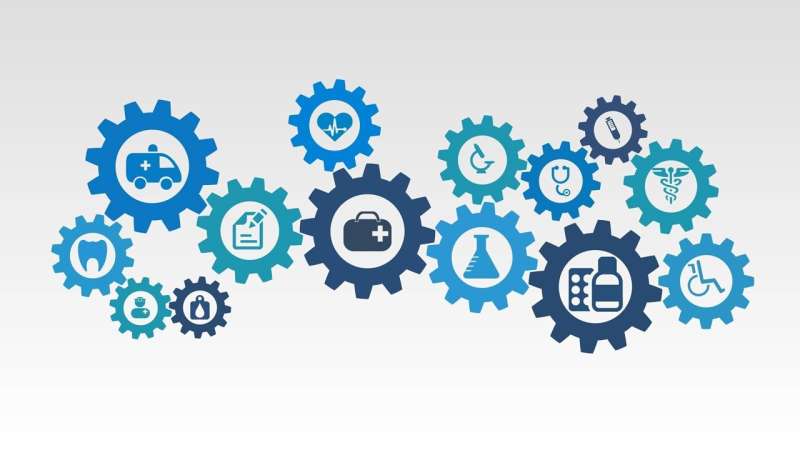The Fear Among Scientists to Speak Out About Political Claims on Autism and Science Integrity

Scientists face challenges when addressing politicized health claims, especially on autism, amid misinformation, online hostility, and political interference. Learn why open scientific dialogue is crucial.
Recent political statements and social media narratives have raised concerns within the scientific community regarding the potential repercussions of publicly addressing controversial claims, particularly those related to autism. Notably, on September 22, 2025, then-presidential candidate Donald Trump and RFK Jr. suggested a link between the use of acetaminophen—commonly known as Tylenol—and autism. These assertions have been swiftly debunked by rigorous scientific studies, which confirm that there is no credible evidence supporting such a connection (see source). Despite the facts, these misleading claims continue to circulate, emphasizing the persistent spread of misinformation.
While RFK Jr. claims he is not anti-vaccine, he has made multiple statements undermining vaccine safety, contradicting established scientific consensus. Such high-profile endorsements of falsehoods create a highly politicized environment where scientists often feel hesitant to voice their expertise publicly, fearing backlash or professional repercussions.
The aggressive politicization of health topics and the rapid news cycle contribute to this reticence. Expert opinions can be overshadowed by sensational headlines, and the speed at which stories evolve can leave scientists with little time to respond effectively. Nonetheless, it remains crucial for science communicators to present evidence-based information, acknowledge uncertainties, and correct misinformation promptly.
Adding to the challenge, online hostility and toxicity on social media have intensified. Scientists and journalists worry about their safety and reputation when discussing sensitive topics like vaccine safety or climate change. Government actions, such as the removal of key scientific figures (e.g., in June 2025, all 17 members of a CDC immunization advisory committee were dismissed, and in August 2025, the CDC director was fired), have further contributed to a climate of fear and self-censorship within the scientific community.
This climate discourages open dialogue and can impede public understanding of science. However, efforts to improve science communication include leveraging platforms that promote civil discourse, developing strategies to pre-bunk myths before they spread, and employing creative methods like satire and parody to counter misinformation. Building media literacy and promoting critical thinking are essential long-term strategies.
In conclusion, maintaining the integrity of science in the face of politicization and online toxicity demands vigilance from researchers, institutions, and communicators. Preparing for the emergence of new false claims and ensuring credible voices are heard remain vital to safeguarding public understanding and trust in science.
For more insights, visit source: https://medicalxpress.com/news/2025-09-scientists-trump-autism.html
Stay Updated with Mia's Feed
Get the latest health & wellness insights delivered straight to your inbox.
Related Articles
The Nose-Brain Link: How Smelling Food Influences Hunger and Fullness
New research reveals a direct neural pathway from the nose to the brain that influences feelings of fullness, opening potential for innovative obesity treatments.
How Mood, Sleep, and Personality Traits Influence Tinnitus Severity
New research reveals that mood, sleep quality, and personality traits significantly influence the severity of tinnitus, offering new pathways for personalized treatment. A large-scale AI study highlights the importance of psychological health in managing ear ringing and buzzing sensations.
Impact of Federal Cuts on Language Services and Patient Safety Risks
Federal budget cuts are reducing language assistance services for non-English speakers, risking increased medical errors and disparities in healthcare access. Learn how policy changes affect patient safety and community health.
Molecular Insights into Comorbidities in People Living with HIV: A Big Data Approach
A groundbreaking big data study uncovers molecular mechanisms driving comorbidities in people living with HIV, opening new avenues for targeted therapies and personalized medicine.



